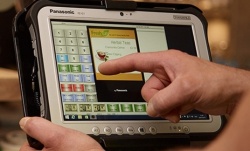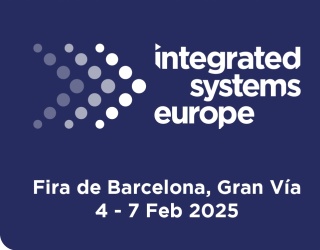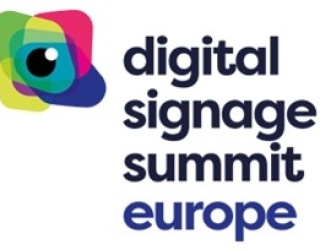In the study "Rethinking Retail: The Tablet Revolution", sponsored by Panasonic, over half of research respondents were already using some tablets.
Retail and wholesale organisations forecast adoption to reach 10% by the end of this year, increasing to 15% of all computing devices by 2018. In hospitality, the adoption is even more dramatic, with tablets representing 12% of all computing devices in 2015 and over 16% in 2018. In all, over 70% of retailers and 66% of hospitality providers interviewed reported that they had plans to purchase tablets in the next two years.
Business drivers
The research, carried out in France, Germany and the UK, found that 72% of retailers and 77% of hospitality companies are planning to deploy tablets to increase employee productivity, with 51% of retailers saying they also expected improved customer-facing engagement (53% for hospitality) and 41% (38% in hospitality) saying they will use the tablets to fulfill a business need not met by traditional computing devices.
Selection criteria
Battery life was central to the selection of devices for over 70% of respondents in all sectors, as was speed of charging, the ability to place devices on standby or in a power-save mode, and the ability to swap-out batteries quickly and easily. Outdoor readability (55%), security features (54%), and voice capabilities (54% in distribution and 66% in hospitality) were also essential.
For many retailers, the opportunity to replace or complement existing POS, payment, and information services with tablets made barcode scanners, credit card readers, and smartcard readers on tablet devices very popular. Equally, the ability to combine these requirements and functions into a single device was extremely compelling.
“The research shows that the Retail and Hospitality industries recognise the value that tablets and hybrid devices can bring to their organisations in the areas of increased productivity and customer service,” said Luca Legnani, European Marketing Manager at Panasonic. “They are also ideal to address a number of functions previously performed by a variety of devices. However, to achieve these benefits buyers must select devices that are equipped to address the core demands of both their business and the rigors of their industry. Form factor, reliability, and support services are crucial, as are functional aspects such as ruggedization, replaceable batteries, and the ability to integrate barcode readers and other existing functions onto tablet platforms.”
For an executive summary of the research findings and recommendations, please visit www.business.panasonic.co.uk.
Source: Panasonic System Communications Company Europe (PSCEU)










